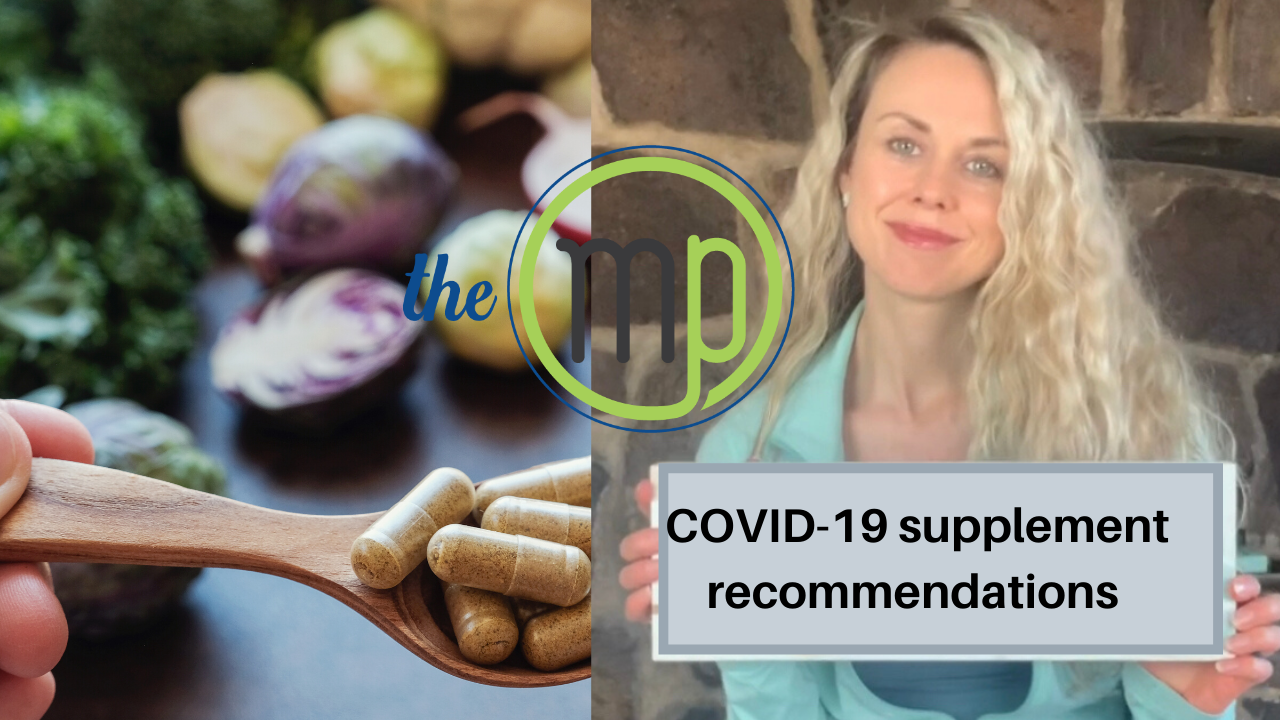Let’s discuss one of the most powerful and most neglected systems in the body, the lymphatic system. The lymphatic system is a critical part of the immune system and is vital for protecting us from illness and chronic disease.
Seventy to 90 percent of all chronic disease is linked to inflammation. How do we get rid of inflammation? Primarily through our lymphatic system or other detoxification systems or organs including our liver, kidney, lungs, skin, GI system, tongue, and fat.
We are made up of 80 percent water. Let’s compare the lymphatic system to an aquarium. We can appreciate that if the aquarium has clean, filtered water everything in the aquarium (the fish, algae, etc) is going to not only survive but thrive. However, if that tank is unfiltered, becomes toxic and infected, everything in the tank is also going to become toxic and have a lack of oxygen and nutrients. Therefore, it cannot survive, let alone thrive in that toxic environment.
As one of my mentors, Dr. Perry Nicholson says, “you cannot get well in the environment that you got ill in.”
Symptoms of a Poor Lymphatic System
If you’re experiencing these symptoms, then you most likely have a lymphatic issue but truthfully if you’re living in modern society, you most likely have a lymphatic issue anyway because of how toxic our environment is. With that said, if you had things like morning stiffness, chronic pain or fatigue or stiffness, bloating in your face in your abdomen, varicose veins, brain fog, poor sleep, acne, bad breath poor capillary refill, and painful lymph nodes, then most likely you are dealing with some kind of lymphatic issue.
Amazing Facts About the Lymphatic System
The lymph system is pretty darn amazing. There are over 700 lymph nodes in the body and over one-third of them are in the neck. There are 15 liters of lymph in our body. All of the lymph is pumping in one direction, the direction of the heart, and it’s deeply connected to the gut. It is connected through the Gut Associated Lymphoid Tissue (GALT), specifically the Peyer’s patches. Remember that 70 to 80 percent of our immune system is in our gut! Now you can appreciate this deep connection of the lymphatic system to the gut. If there is a gut issue, there is a lymph issue!
7 Ways to Improve Your Lymphatic System
What can you do if you have a lymphatic issue? What you can you do to help optimize your immune system? Here are seven key ways that are very easy things to integrate into your life and should be foundational.
1. Diaphragmatic Breathing
The two key ways to improve your lymphatic system are movement and breath. Let’s speak about breath first. When I refer to breathe, I really mean diaphragmatic breath. You are using the diaphragm to actually create a pumping mechanism that is going to pump the lymph to the cisterna chyli, which is one of your main lymph drainage points in the center of your abdomen.
Breathing diaphragmatically is going to improve the chances of having a healthy lymph system. We breathe 20 to 25,000 times a day. If we have stress breathing, however, and the diaphragm is very restricted, that is going to significantly impact the function lymphatic system. Breathing is your superpower!
Try taking at least three diaphragmatic breaths every hour and breathe for five min in the morning and at night before bed.
2. Movement
Once again, movement is one of the most important things to do to improve your lymphatic system. We want to think of hydrating the tissue and moving the lymph system.
Try to move frequently throughout the day, not just for one hour and then sitting the remaining part of the day. Think about movement snacks. As Gray Cook says, “move well and then often.”
3. Staying Hydrated
It seems very simple, but also very challenging for many people. Remember, we are 80 percent water so it is very important for the lymphatic system to be well hydrated.
Make sure that you’re drinking at minimum, eight, eight-ounce glasses of water a day, and always making sure that your urine is yellow is a pale yellow to clear.
4. Anti-inflammatory Nutrition
The more inflammation that we have, the more toxic our environment is. We cannot get well in the environment that we got ill in. Focusing on an anti-inflammatory diet, getting rid of any gut infections anything like yeast overgrowth or SIBO (small intestinal bacterial overgrowth) that you recognize is contributing to a poor lymphatic system is essential.
All of these systems work together, so it’s really important to address any underlying condition and really focus on a well-balanced whole food natural diet.
5. One-minute Lymphatic Drainage
This is the most basic version and is for beginners. It’s a great starting point for many people. If you go too fast, too soon with the lymphatic system, you can actually cause a huge detoxification reaction, and it can make you feel very ill. This is a great way to simply start the process, and if you have any negative symptoms, you would wait until those symptoms are resolved for you to progress. Ultimately, the goal is to do this daily. You could do it in the shower before you work out, or at any consistent and convenient time. Always make sure to follow with movement.
Watch the lymph drainage HERE.
Remember that for the lymph drainage the order is very important, you’re always starting on the left side and then moving to the right, and you start with above the collarbone area, move up to the jaw under the jaw, and then go into the pec, then the abdomen, then the inguinal area, and then behind the knees. The order is very important and perform five pats in each place.
6. Vagus Nerve Stimulation
The vagus nerve is the longest nerve in the body, one of our cranial nerves that regulates our parasympathetic nervous system. We can stimulate the vagus nerve in many ways; through breathing and meditation, specific cranial nerve exercises, humming, chanting, yoga, and more. Because we can improve that parasympathetic system (rest and digest state), we can impact our breathing, and therefore our pumping action of the lymphatics.
You’ll want to make sure that you one or more of these practices in your daily life.
7. Decreasing Stress
When the HPA axis (hypothalamic pituitary adrenal axis) is activated, our stress pathway in our body, we’re ultimately going to release cortisol. Cortisol can break down proteins. More specifically, it can break down collagen. Collagen is the main structural protein in the extracellular matrix of connective tissue in the body and is the most abundant protein in our body. Therefore, the breakdown can impact the structure of the cells in the lymphatic system, which therefore can cause blockages and decreased blood flow, which ultimately, in turn, means that there will be more congestion and a more toxic environment.
Please find the things that help YOU manage stress! Please see how to map your nervous system.
So there you have it, seven different ways to improve your lymphatic system, and hopefully with a little background information to help you on your healing journey.
Source: Dr. Perry Nichelston, Stop Chasing Pain
Disclaimer: This is not intended to treat or diagnose. Please check with your physician or functional medicine practitioner to determine a specific plan.
Reach out for a 15-minute FREE discovery session to see how we can help you on your journey.
For more content, make sure to subscribe to our YouTube channel here.
Other things that may interest you:
Vagus Nerve Hack | Auricular Ear Release



